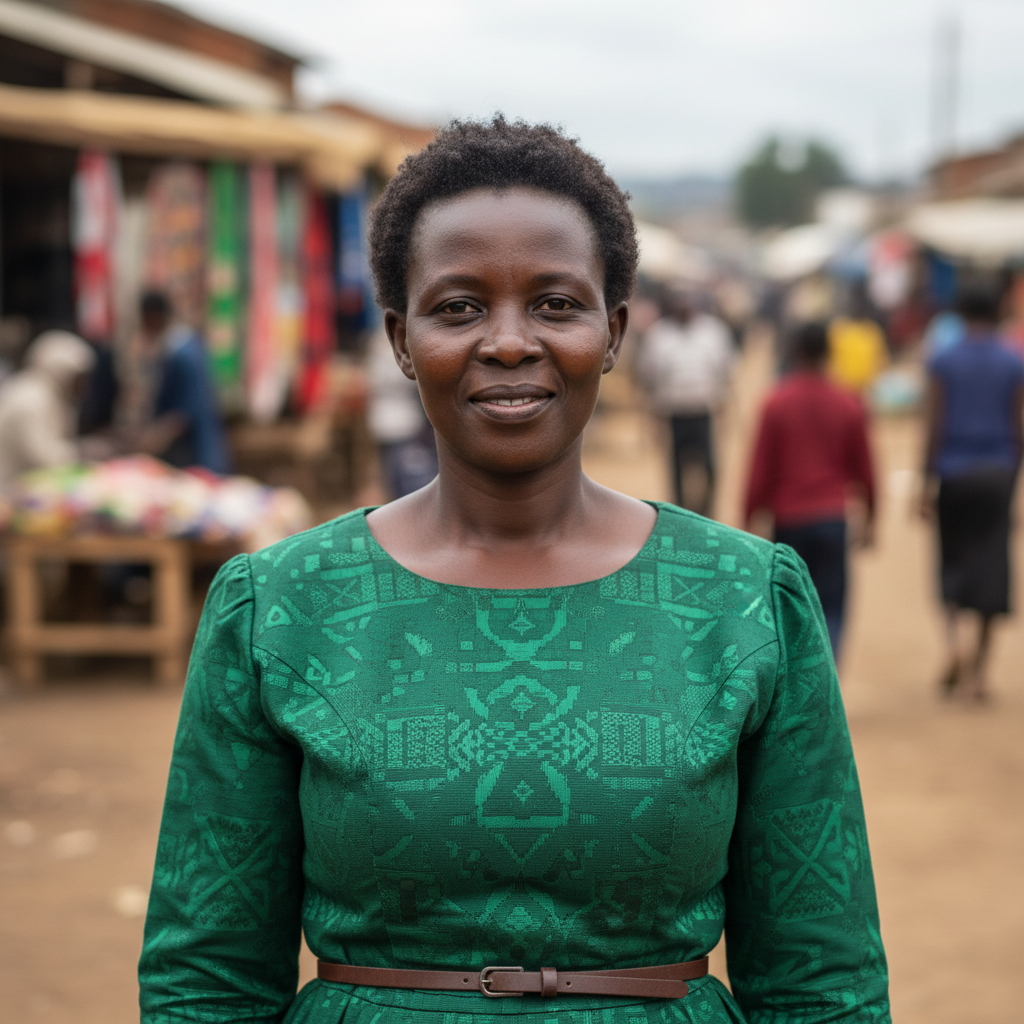PEOPLE GROUP PROFILE
The Marakwet of Kenya

Fast Facts:
Dig Deeper (Religion):
Dig Deeper (Language):
Pray specifically for the Marakwet of Kenya
O Lord, you hear the desire of the afflicted; you will strengthen their heart; you will incline your ear to do justice to the fatherless and the oppressed, so that man who is of the earth may strike terror no more.
This is the message we have heard from him and proclaim to you, that God is light, and in him is no darkness at all.
For the LORD, the Most High, is to be feared, a great king over all the earth.
Oh give thanks to the LORD; call upon his name; make known his deeds among the peoples!
